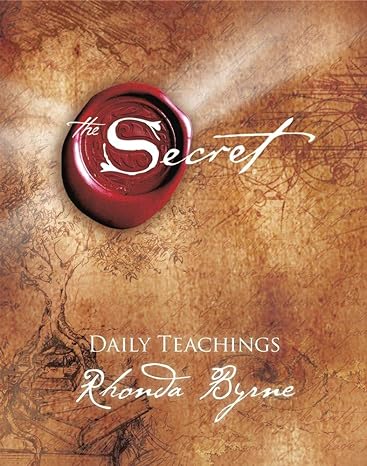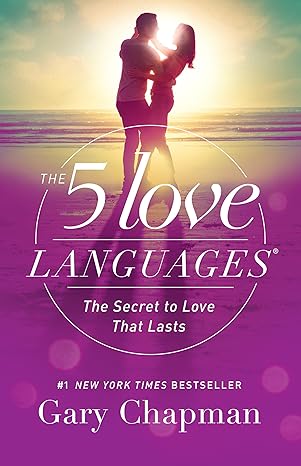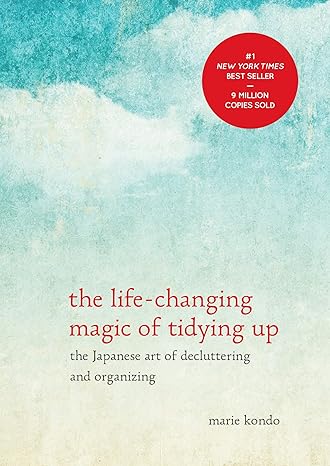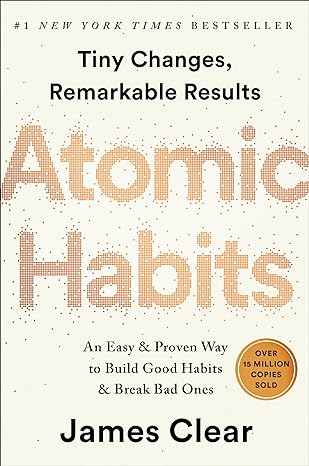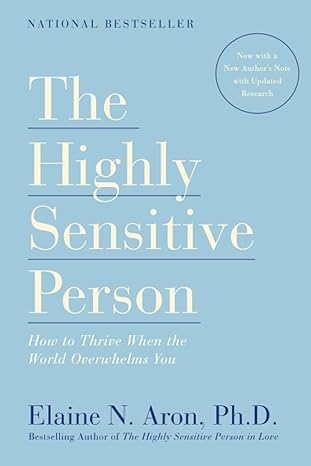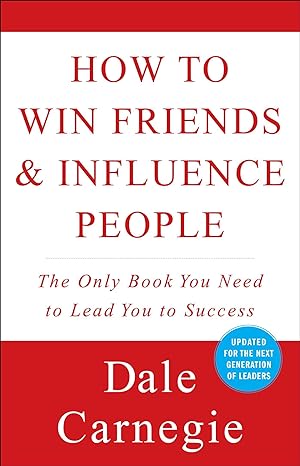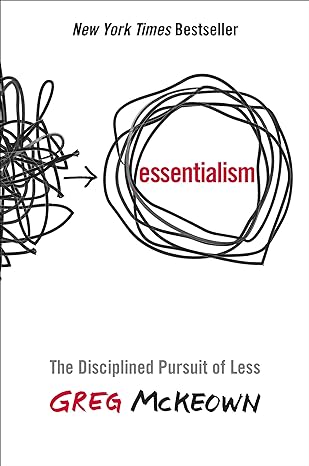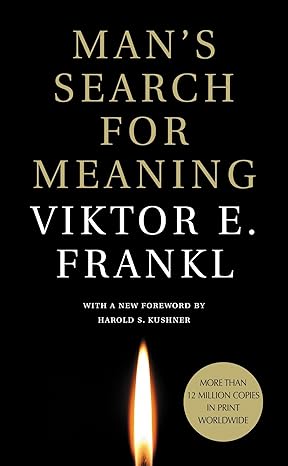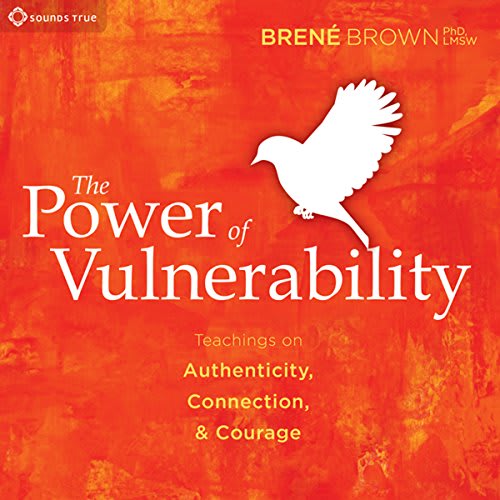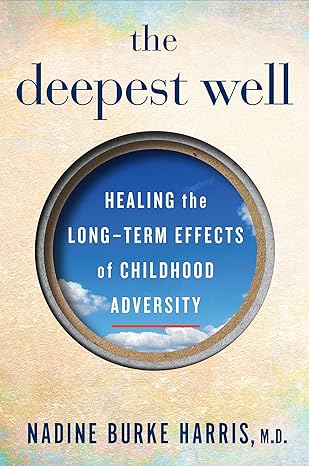In 2008, during the midst of the Great Recession, I faced a daunting challenge. Fresh out of college and running out of money, I was in a tight spot. Unlike some of my friends who had parents to fall back on, I had already lost both of my parents and had no safety net to rely on. Job hunting was proving difficult, partly because I was being selective about the type of job I wanted. I had my heart set on working in a hospital with adults, a niche that was challenging to break into. As I watched my bank account balance dwindle, a friend recommended a book to me, Rhonda Byrne's "The Secret." This book introduced me to the concept that our thoughts and energy can help us manifest our dreams and goals.
"The Five Love Languages" is not just a book; it's a relationship savior. My husband and I were on the brink of a breakup due to our vastly different Love Languages. It was my roommate who initially recommended this book when we were still in the early stages of our relationship. My husband has a somewhat gruff way of communicating, which led to frequent arguments. Reading "The Five Love Languages" transformed my perspective. It revealed the numerous ways my husband was expressing his love for me without uttering those three little words.
What's truly remarkable about this book is how it helped me delve into past relationships, especially my connection with my father. I am convinced that his love language was gift-giving. While he seldom expressed affection verbally, our birthdays and Christmases were extravagant displays of love through gifts. If you're struggling to connect or communicate with loved ones in your life, this book is a game-changer.
"The Life-Changing Magic of Tidying Up" marked the beginning of my decluttering and minimalism journey. But let me clarify one thing: Marie Kondo is not a minimalist. It's a common misconception. Although she's often associated with minimalism due to her decluttering methods, she explicitly states on her website that she is not a minimalist.
As a committed minimalist who has taken decluttering to the extreme, I still value her book. It offers clear, step-by-step guidance on how to declutter your home, organizing items into five categories from the easiest to the most challenging. I particularly appreciate her approach. However, I do think that the "spark joy" decluttering concept, while helpful, oversimplifies the process, especially for emotional hoarders like me.
Marie Kondo's writing style is soothing and peaceful, making her book a comfort read that I return to occasionally. Interestingly, this is one of the very few physical books I kept after we decluttered 95% of our possessions before moving to Europe with just eight suitcases. It holds a special place in my heart, and I may secretly dream of getting Marie Kondo to autograph it someday.
"Atomic Habits" is a must-read for anyone looking to transform their life by cultivating lasting positive habits. The author, James Clear, provides practical and actionable advice on how to establish good habits while breaking free from bad ones. What I truly appreciate is how he simplifies the science of habit formation into easily digestible concepts. Clear's step-by-step framework for making small changes that accumulate into significant improvements over time is invaluable.
The book is brimming with real-life examples and inspiring stories that vividly demonstrate the potency of tiny changes. Clear's distinction between goals and systems is particularly insightful. He argues that systems are more crucial than goals, emphasizing that you don't reach the heights of your goals; rather, you fall to the level of your systems. As a speech-language pathologist, goal-setting has been ingrained in me due to the profession's need for clear goals, not only for tracking a client's progress but also for insurance purposes. "Atomic Habits" has not only honed my goal-setting skills but has also empowered me to create systems that facilitate goal attainment, whether related to maintaining a tidy home, increasing exercise, or adopting a healthier diet. In essence, this book serves as an exceptional roadmap for anyone with ambitious aspirations, helping chart the course toward achievement.
I had never come across the term "highly sensitive person" until I delved into content creation on YouTube. Videos discussing this topic started appearing in my suggested feed, and it piqued my interest. That's when I stumbled upon Elaine Aron's book, and what struck me right away was the 23-question quiz at the beginning. It's a simple tool to determine if you might be a highly sensitive person. According to the author, a score exceeding 12 suggests high sensitivity, and I scored 21 out of 23, which classifies me as highly, highly sensitive.
For those who've been following my journey on this channel, this revelation probably doesn't come as a surprise. This book also shed light on many past experiences, helping me understand why I often heard comments like "you're too emotional," "you're too sensitive," or "you cry too easily." It's also helped me appreciate Dr. Aron's advice on dealing with what she terms "overarousal," a condition highly sensitive individuals face when exposed to excessive environmental stimuli. Even though I had naturally developed some coping strategies, this book provided me with additional tools to manage such situations effectively.
I believe this book is a worthwhile read for anyone suspecting they might be a highly sensitive person, or for those who have someone close to them with this trait. Interestingly, it's suggested that high sensitivity could be inherited across generations, and I'm already seeing signs of it in my eldest son. So, this book not only aids in my self-understanding but also in potentially becoming a better parent by understanding and supporting my child better.
It's astonishing to think that "How to Win Friends and Influence People" was written more than 80 years ago, yet its lessons on human behavior and communication remain as relevant in today's modern world. The book's structure, divided into 30 principles, makes it easy to comprehend and apply through manageable steps. While some principles resonated with me because I had been naturally practicing them, like the importance of remembering and using people's names, others were more challenging but equally transformative. For instance, the principle that advises avoiding arguments to get the best outcome completely revolutionized my life. It freed me from the need to defend myself against unkind comments from anonymous online users, saving me time and significantly enhancing my peace of mind.
As an introvert, I can't help but wish I had stumbled upon this book during my college years. It would have made my roles in customer service, retail, and later as a speech-language pathologist so much more manageable and less stressful.
Reading "Essentialism" felt like Greg McKeown was articulating my inner thoughts in a much more eloquent manner than I could ever express. It made me ponder whether I should rebrand myself from a minimalist to an essentialist because his words resonated with me so profoundly. One particular passage from Chapter 13, titled "The Invisible Art," struck a chord with me. McKeown pointed out that non-essentialists believe that making things better requires adding something, while essentialists believe that improvement often means subtracting. This hit home for me as I realized that the life I desired was already present, buried beneath clutter and excess. I didn't need more stuff to find happiness and organization; I needed less. Decluttering and simplifying my life made it easier, more peaceful, and more fulfilling. McKeown's emphasis on setting priorities also struck a chord, as he highlighted that if we don't prioritize our lives, someone else will. If you seek clarity, purpose, and focus in your personal or professional life, this book is a must-read.
"Man's Search for Meaning" by Viktor Frankl is a profoundly moving book that's hard for me, as a highly sensitive person, to discuss without becoming emotional. Frankl, a Holocaust survivor and psychiatrist, provides a unique perspective on the horrors of concentration camps. As I walk through my neighborhood in Germany, passing the "stumbling stones" that bear the names and dates of those who suffered and perished in the Holocaust, Frankl's words resonate even more deeply.
Frankl's account offers insights from both a psychiatric and personal standpoint, shedding light on how people reacted to extreme suffering. One poignant example he shares is the increased mortality rate after Christmas in the camps. Many prisoners clung to the hope of being free and home for the holidays, but when that hope was shattered, some lost all hope and will to survive.
This book delves into human behavior in the face of immense adversity, exploring how individuals react and the stark contrast between those who succumb to darkness and those who never lose hope. It serves as a testament to the indomitable human spirit, the enduring power of hope, and the unwavering belief in goodness and light, even in the darkest of circumstances.
I strongly recommend that you listen to the audiobook of "The Power of Vulnerability" by Brené Brown. In this audiobook, Brené Brown delivers presentations that are not only humorous but also deeply impactful. She has a way of connecting with her audience that makes you laugh and cry, sometimes simultaneously. Her insights on vulnerability, shame, fear of judgment, and personal growth are delivered with a powerful punch that can resonate with anyone.
This audiobook is all about overcoming the barriers that hold us back in life, like shame and the fear of judgment. Brené Brown emphasizes the importance of vulnerability as a path to becoming our best selves. As someone who struggled with vulnerability, I can attest to the power of opening up and allowing ourselves to be vulnerable. It's a crucial step toward personal growth and making a positive impact on the world.
The audiobook not only explores the research and stories behind shame and vulnerability but also provides practical steps, or "guideposts," for wholehearted living. These guideposts help you cultivate authenticity, self-compassion, resilience, and more while letting go of perfectionism, numbing, and powerlessness.
Changing these deep-seated patterns and beliefs is a gradual process, and it's a journey many of us are on. If you're seeking to transform your mindset and overcome limiting beliefs, Brené Brown's audiobook is a fantastic resource to consider.
"The Deepest Well" is an incredibly important book that delves into the topic of childhood trauma and its impact on both the body and mind. It sheds light on how toxic stress, particularly in childhood, can have far-reaching consequences, even affecting one's DNA. As a survivor of childhood trauma and someone who has been exposed to various forms of adversity, this book had a profound impact on my life.
One of the key takeaways from this book is the realization of how crucial it is to acknowledge and heal the traumas of our past. By understanding the effects of childhood trauma, we can break the cycle and prevent passing it down to future generations. I've personally experienced the intergenerational transmission of trauma, and I am determined not to perpetuate it with my own children.
"The Deepest Well" is an essential read, and it's surprising that it's not more widely discussed. It provides valuable insights into the lifelong consequences of childhood trauma and emphasizes the importance of healing and breaking the cycle for the sake of future generations. This book is a powerful resource for anyone who wants to better understand and address the long-lasting impacts of early adversity.

 The Secret
The Secret The 5 Love Languages
The 5 Love Languages The Life-Changing Magic of Tidying Up
The Life-Changing Magic of Tidying Up Atomic Habits
Atomic Habits The Highly Sensitive Person
The Highly Sensitive Person How To Win Friends and Influence People
How To Win Friends and Influence People Essentialism: The Disciplined Pursuit of Less
Essentialism: The Disciplined Pursuit of Less Man's Search For Meaning
Man's Search For Meaning The Power of Vulnerability
The Power of Vulnerability The Deepest Well
The Deepest Well